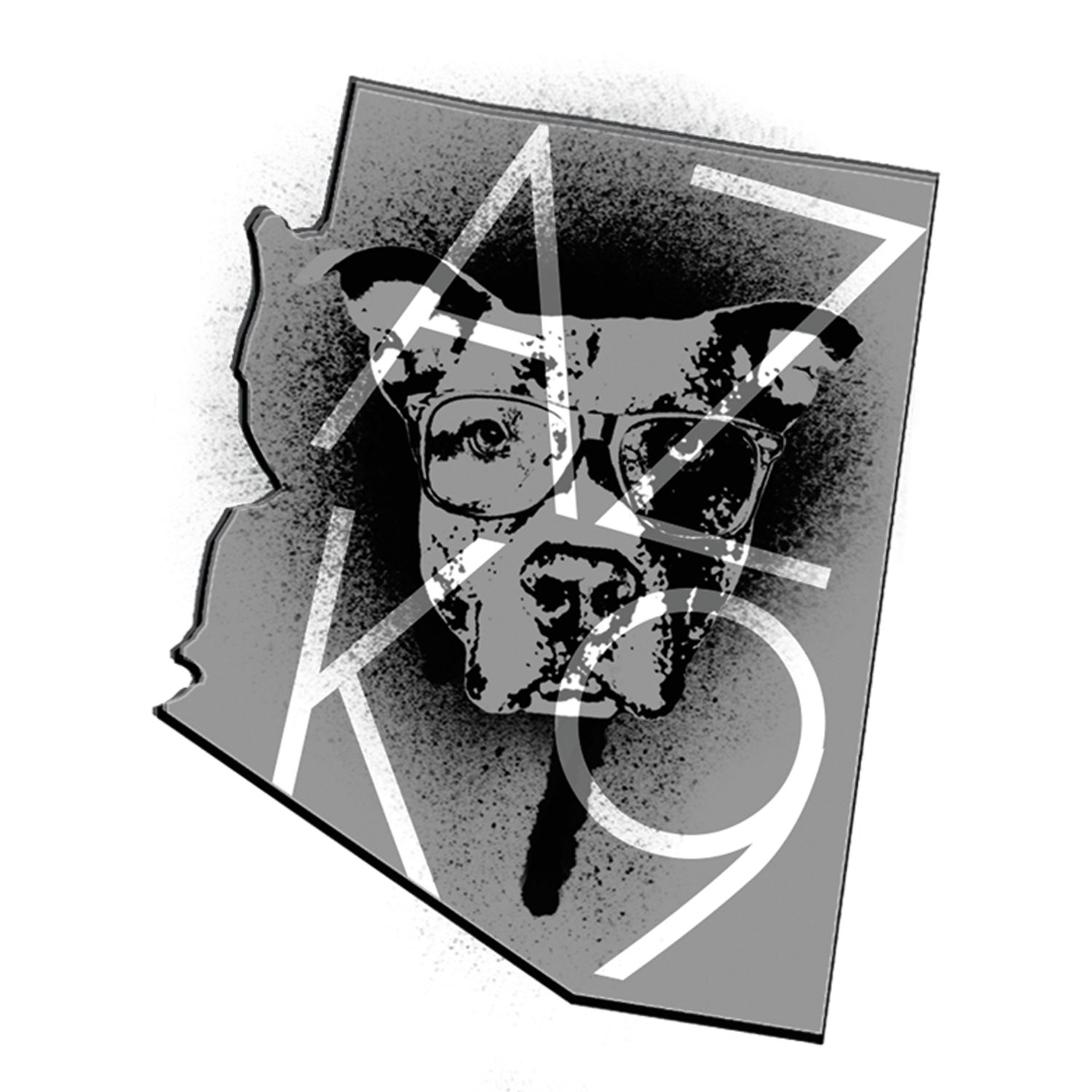Welcome to the Foster Dashboard!
Thank you so much for helping our community and volunteering to foster! This page will be your resource page, we want you to bookmark this page right now so that you have easy access to it whenever you need it!
Step 1: Meet + Greet
We set up a time for your family to meet the pup (or cat) that you are interested in fostering. We ask that all 2-legged members living in the household to come for the meet and greet, this includes roommates! You’ll also want to bring your pup with you (if you have one!).
Step 2: Pup Playdate (if applicable)
We can go as slow as needed for the dogs to have a positive meeting, even if that means setting up multiple meet and greets with the dogs. Some people like to do an initial walk only and set up another day to come back. We know that you know your dogs best and what they need, and we are understanding of this. Once we feel like the dogs are a good match, we will then set up a play date at your house and complete a home check.
Step 3: Home Check
The home-check is more about looking for any safety concerns that you may not be aware of, ex: spacing under the gate, toxic plants, etc.
If the dog is doing well and you are comfortable, we give you the option to do a sleep over (weekend or just over night) or begin to officially foster.

Resources
What to expect from us
We provide everything during the trial, crate, food, harness and leash, food bowls, etc.
We would pick up crate when the adoption is finalized. Secure walking harness stays with the dog as each dog has their own to take with them to their new home. Your pup will receive current bloodwork before moving in to your home. They will also be fixed, vaccinated, and microchipped before moving in to your home.
Adjustment Period
Have you heard about the 3-3-3 rule? The 3-3-3 rule is a general guideline of the adjustment period, some pups take longer, some take shorter. It takes time for the new pet to adjust. Studies suggest that it can take up to 3 months for a dog to fully adjust to a new home. Of course there are exceptions to the rule but be prepared and stay patient.
In the first 3 days the pup may be overwhelmed with their new surroundings. Don’t be alarmed if they don’t want to eat, many dogs don’t eat when they are stressed. They may be scared and unsure of what is going on.
After 3 weeks, they start to settle in and feel more comfortable. They have figured out their environment and are getting into your family’s routine.
After 3 months, your pup should be more comfortable in their home. They have built trust and a bond with you.
What if it’s not a perfect fit?
If our rescue dog (or cat) is not the right fit please don’t worry. We never want to place a dog or cat in a home if it’s not a great fit for everyone. Our dogs and cats are a part of this rescue family for life and they can always come home. We have lots of wonderful dogs ready for a forever home and if one dog is not the right fit, we may have another that fits perfectly. Give us an opportunity to your perfect fit.
Paws off the furniture
Our dogs are able to get on the furniture including lawn chairs, couches and beds. If the new home prefers that the dog stays on their own dog beds begin by calling them off and treating them on the floor. Make sure all family members agree on the pets off of the furniture rule and stay consistent. There is nothing more confusing to a pet who is invited onto the couch when dad is home but not allowed when the rest of the family is there.
To Crate, or not to Crate?
All of our dogs are crate trained, unless discussed during the meet and greet. We ask that when away from the home that the dog is in their crate, especially while AZK9 and resident pet(s) are getting acquainted and adjusting in the home. The crate keeps them safe when you are not home, preventing them from chewing personal belongings or dangerous objects.
The crate is a positive place. We never use it to punish our dogs. We want to make sure the crate stays a place where the dog feels safe and happy. All of our dogs eat in their crates. This gives them space away from kids or other pets while they are eating.
Routines
Our paws are in stringent daily routine. While adjusting to the new home too much freedom to do whatever they want can confuse them or cause undesired behaviors. Getting your dog quickly on your routine is important. And stay consistent!
Our preferred veterinarians
Have an emergency, or prefer to chat on the phone?
Courtney’s phone number:
480-280-7138
Aaron’s phone number:
623-313-8270

